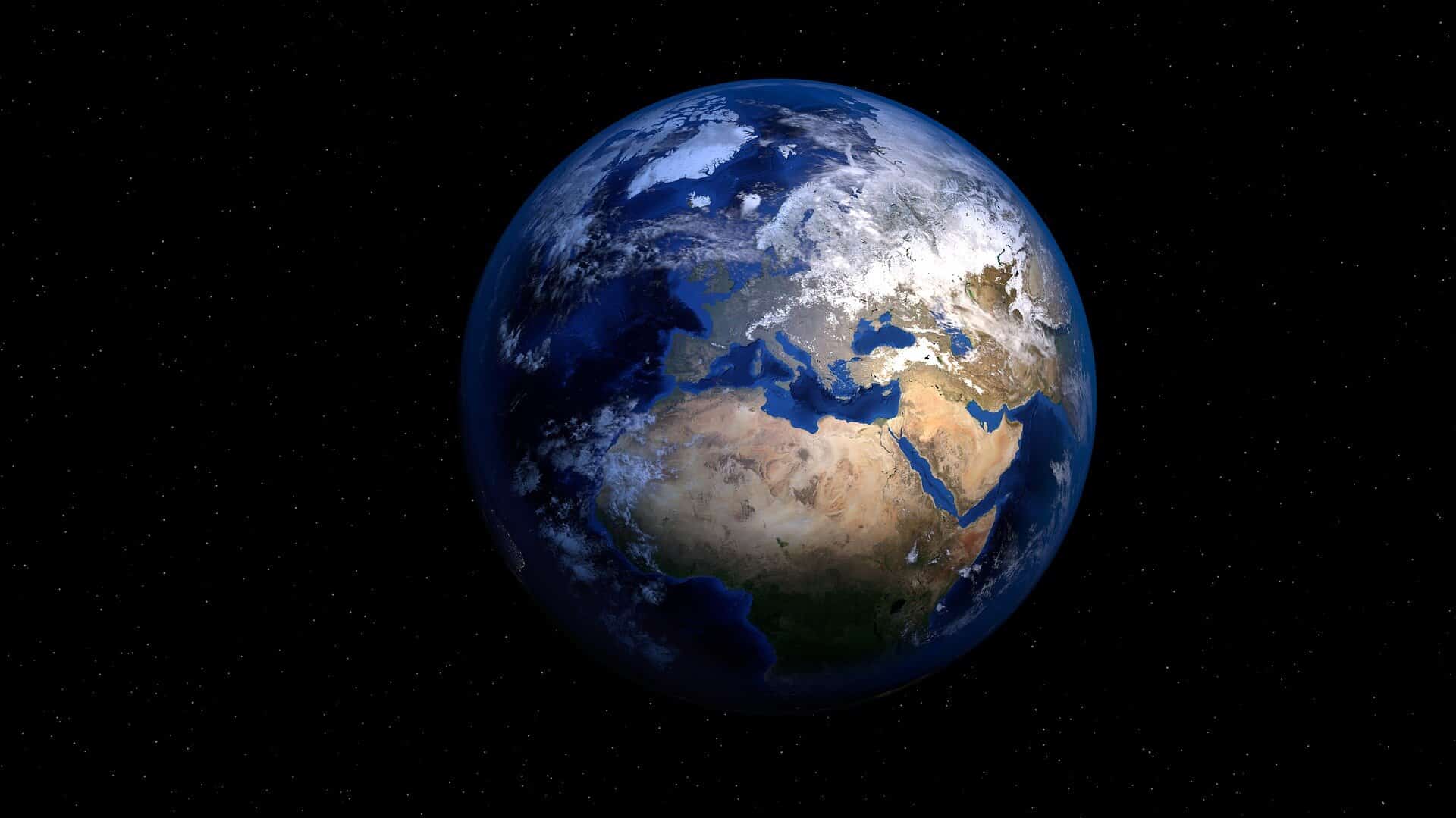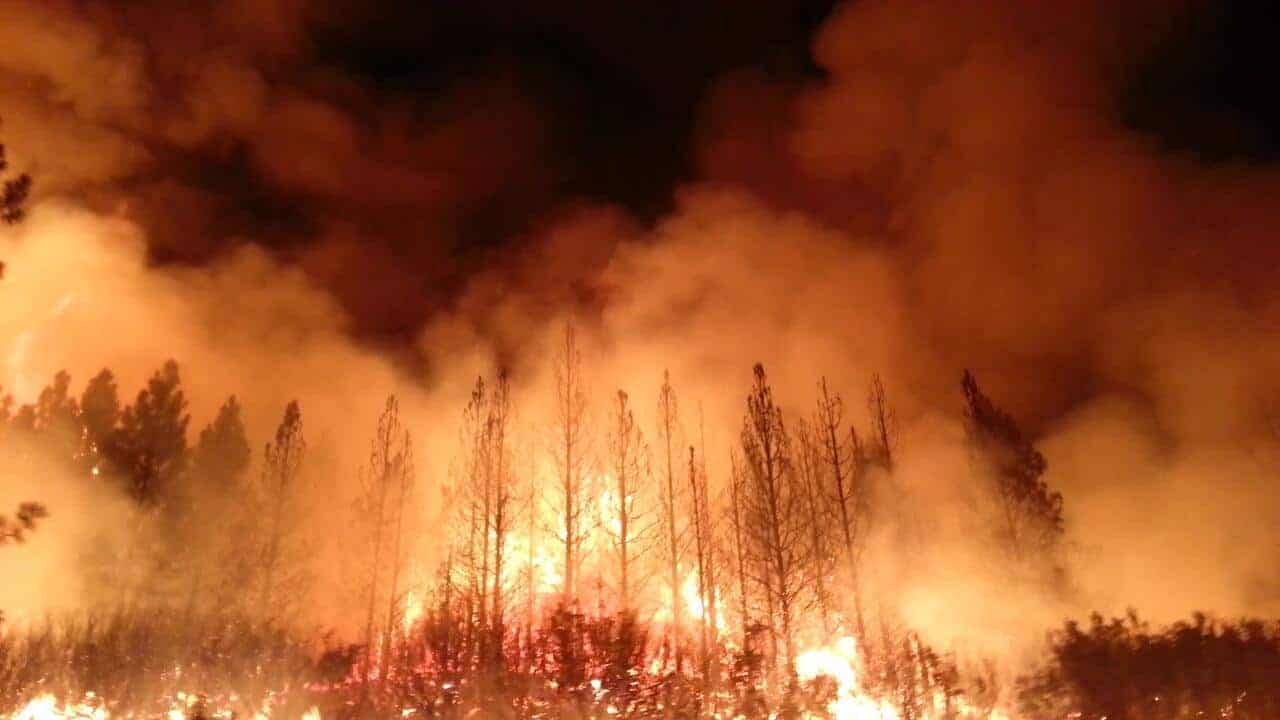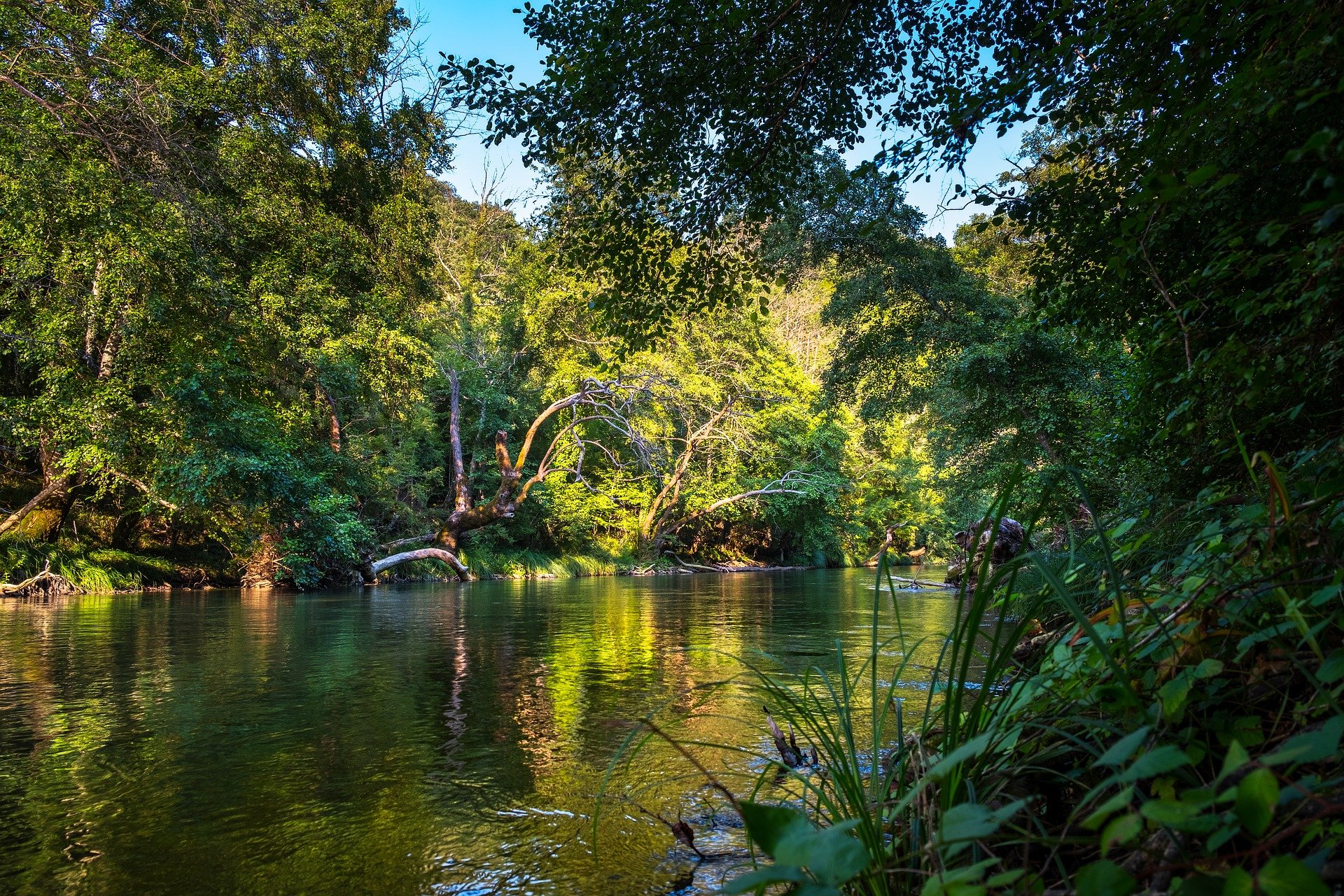COP27 – Week 1 roundup
Week 1 of COP27 in Sharm El Sheik has come to a close; here are the main takeaways so far.
Developing nations call for climate compensation
For the first time in the history of COP, the issue of compensation and reparations for less developed nations was on the agenda. Back in 2009, the richest countries pledged 100$ billion to help them adapt to climate change. This amount has not yet been paid in full.
Leaders from countries most vulnerable to the impacts of climate change put the most emphasis on decisive climate action. For many of them, climate change is an existential threat. As in, their countries simply won’t exist soon due to climate change. Kiribati, for example, will probably be underwater by 2100, even if climate goals are kept. It has had to resort to relocating its citizens to New Zealand as a “solution”.
Although the global south is getting desperate, its leaders continued to call for climate justice in Sharm El Sheik. Hundreds of activists backed up these statements by protesting for climate justice in Sharm El Sheik. Due to the more remote location, there were fewer protesters than previous years, but they made their voices heard.
We will not give up… the alternative consigns us to a watery grave.
According to UN Secretary General Antonio Guterres, “we are on a highway to climate hell with our foot on the accelerator”. But because they don’t face the same existential threat, the world’s top economies can afford not to listen, at least in the short term.
Fossil fuel hypocrisy
Several global superpowers repeated their commitments to investing in renewables and a green energy revolution. Italian Prime Minister Giorgia Meloni expressed her aim to work more closely with African countries on energy solutions. Following criticism from the UK government new British prime minister Rishi Sunak did show up to the summit. He spoke about the war in Ukraine, citing the ensuing energy crisis as a reason to ramp up climate action.
However, other G7 nations did not show signs of encouraging green energy. Canada did not send its Prime Minister to the summit. Instead, it sent (among others) representatives from the oil sands industry, which is responsible for a huge chunk of the nation’s emissions. Canada is not alone. 636 people linked to the fossil fuel industry are represented at the summit, a 25% increase from last year. 70 are from the UAE alone.These lobbyists are likely to influence the debate and may contribute to watering down agreements on climate action. Which brings us to another worrying prospect…
Is the 1.5°C goal in danger?
Climate experts, backed up by countless scientific studies, concluded years ago that if global temperature rise by 1.5°C above pre-industrial level by 2100, millions of people will face catastrophe. According to the IPCC, keeping this goal alive would mean 10 million fewer people losing their homes to rising sea levels. The increase currently stands at 1.1°C, and this years floods and droughts across the world already resemble something out of a dystopian novel. The 1.5°C goal was the key element of the historic 2015 Paris Agreement.
Although countries reaffirmed the commitment at last year’s summit, Guterres said 1.5°C was now on “life support”. On Friday, a new report by the Global Carbon Project indicated that global greenhouse gas emissions will rise by 1% this year. This may not sound like a lot, but emissions have to fall 45% by 2030 to keep temperature increases below 1.5°C. If emissions increase at this rate, the report finds that there is a 50% chance of us breaching this limit by the end of the decade. Remember, we have to keep this 1.5°C rise in check until the end of the century. Unless global powers get their act together now, there is no way they can keep that 2015 promise.








